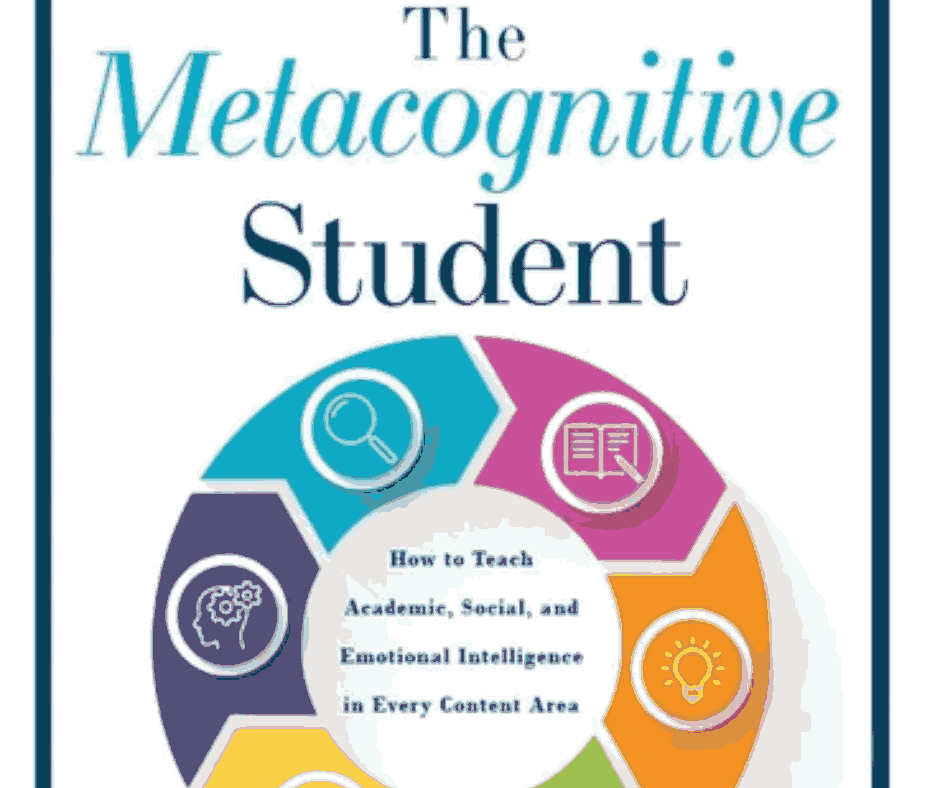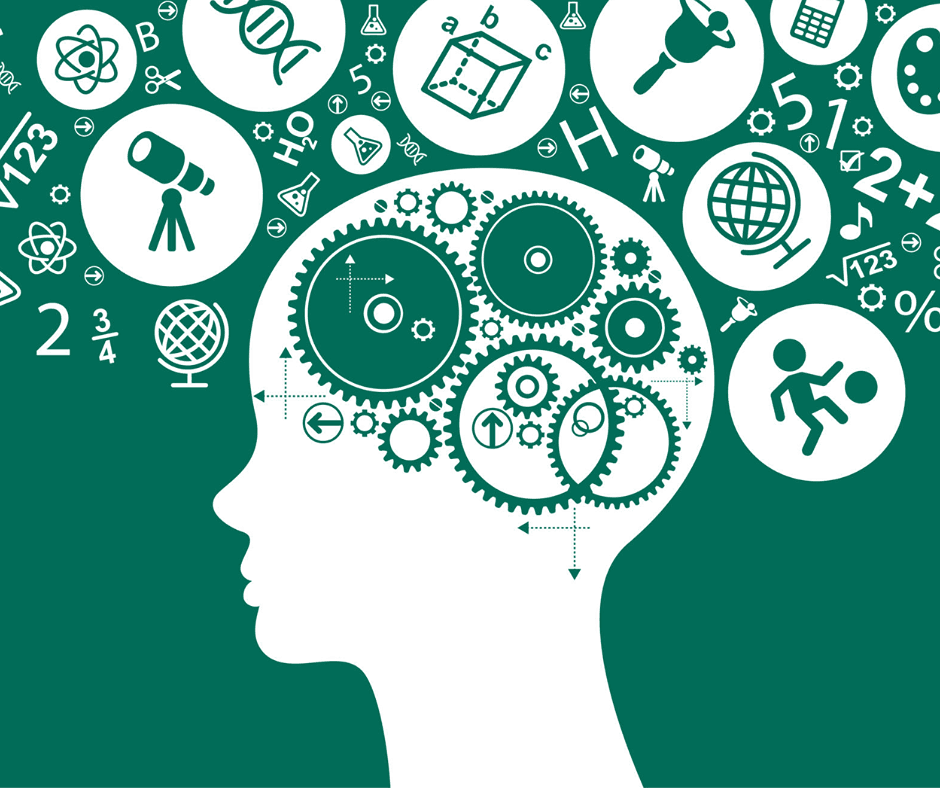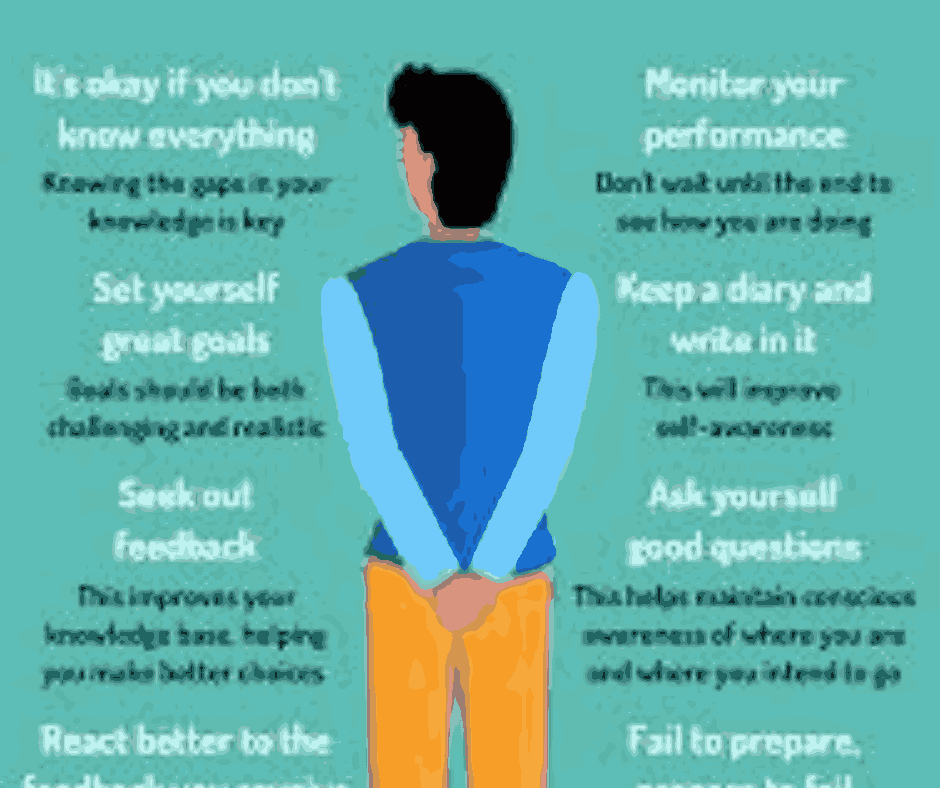In today’s rapidly evolving technological landscape, app developers need more than just coding abilities to excel. While cognitive skills like logical thinking, attention to detail, and problem-solving remain essential, it’s the metacognitive skills that can truly future-proof a developer’s career—especially in an AI-driven world.
In this blog post, we’ll explore the critical metacognitive skills for app developers and how you, as a BCA or MCA student at SMS Varanasi, can develop these skills to enhance your app development strategies and secure your future in the software industry.
Understanding Metacognitive Skills for App Developers

Metacognitive skills refer to the ability to think about and regulate your thinking processes. Essentially, it involves:
- being aware of your learning,
- planning tasks efficiently,
- self-monitoring,
- self-questioning, and
- reflecting on your performance.
For app developers, these skills are invaluable as they help you navigate the complexities of coding, debugging, and project management with a strategic mindset.
Unlike cognitive skills in app development, which focus on applying knowledge, metacognitive skills enable you to reflect on how you learn – making it easier to adapt and improve continuously.
In an AI-driven world, where tasks like debugging and pattern recognition can be automated, developers with strong metacognitive abilities will stand out due to their higher-level thinking, creativity, and adaptability.
Why Metacognitive Skills Matter in an AI-Driven World?

In the era of artificial intelligence, traditional cognitive skills in app development are being increasingly supported—or even replaced—by AI tools that can automate routine tasks.
This means problem-solving skills in software development are no longer just about fixing bugs or writing clean code; developers must now think critically about app development strategies, anticipate challenges, and make informed decisions beyond what AI can handle.
Here’s why metacognitive skills are more important than ever:
- Adaptability: The tech landscape is constantly changing. With new frameworks and tools emerging, metacognitive skills for app developers, such as self-assessment and adaptive learning strategies, are essential for staying relevant.
- Higher-Level Problem Solving: While AI can handle basic coding tasks, developers with metacognitive abilities will be better equipped to solve complex problems that require critical thinking and creativity.
- Strategic Decision-Making: AI cannot replace human judgement. Developers need to evaluate the best tools, methodologies, and frameworks to use for specific projects, which requires strong critical thinking skills for app developers.
- Continuous Improvement: Metacognitive skills allow you to reflect on past experiences, learn from mistakes, and continuously improve, while cognitive skills may plateau if not actively developed.
How to Develop Metacognitive Skills as a BCA/MCA Student?

1. Set Clear Goals
One of the foundational metacognitive skills for app developers is goal setting. Whether you’re working on a coding project or studying for an exam, define both short-term and long-term goals. Break larger tasks into smaller, manageable steps.
For example, set goals for learning a specific programming language or mastering a particular framework, and create a timeline to achieve these objectives.
2. Plan Your Learning Process
Planning is a vital component of metacognition. Before starting a new project or subject, create a structured learning plan. Outline the key concepts you need to master and allocate time to each. This approach helps you prioritise tasks and ensures you don’t get overwhelmed.
Planning also improves your app development strategies, enabling you to approach tasks systematically – from concept to deployment.
3. Self-Monitoring
As you study or code, regularly evaluate your progress. Ask yourself questions like, “Am I on track?” or “Do I fully understand this concept?”
This self-monitoring will help you identify gaps in your knowledge early on, so you can adjust your approach accordingly. This practice also enhances your problem-solving skills in software development by allowing you to troubleshoot as you go, rather than waiting for issues to pile up.
4. Use Reflective Practice
Reflection is a crucial metacognitive skill for app developers. After completing a task, take time to evaluate your performance. What strategies worked? What didn’t?
For example, if you struggled with debugging, reflect on your approach and think about how you can improve next time. This reflection not only strengthens your critical thinking skills for app developers but also helps you continuously refine your app development strategies.
5. Ask Yourself Good Questions
Self-questioning is a powerful tool for improving metacognitive skills. As you work through coding problems or study materials, ask yourself questions such as:
- “How is this similar to previous tasks?”
- “What should I do first?”
- “What can I improve next time?”
By engaging in self-questioning, you activate your critical thinking skills for app developers and make more informed decisions about your approach.
6. Seek Feedback and Act on It
Feedback is one of the most valuable tools for improvement. Whether it’s from instructors, peers, or through error messages from coding platforms, seek feedback regularly and use it to improve.
Avoid vague questions like “Is this okay?” and instead ask, “What can I do to enhance this feature or fix this issue?”
Acting on feedback enhances your problem-solving skills in software development and ensures continuous growth.
7. Keep a Learning Journal
A learning journal is an excellent way to develop your metacognitive skills. In your journal, document:
- what you’ve learned,
- how you approached a particular problem, and
- what strategies worked best.
This reflective practice will help you track your development over time, identify patterns in your learning, and improve your app development strategies.
8. Develop a Growth Mindset
One of the most important metacognitive skills for app developers is having a growth mindset. This means believing that you can always learn and improve, even if a task is challenging.
A fixed mindset—thinking that you’re not “good enough” at coding—will limit your potential. By embracing a growth mindset, you’ll become more resilient and better equipped to tackle the complexities of app development.
Final Thoughts: Metacognition is Key for Future-Proofing Your Career
In an AI-driven world, where automation handles many routine tasks, it’s the developers who possess strong metacognitive skills who will thrive. These skills, such as:
- self-assessment,
- reflection,
- planning, and
- strategic thinking
enable developers to continuously improve and innovate, allowing them to stand out in a competitive job market.
By focusing on developing your metacognitive skills for app developers alongside your technical abilities, you’ll be better prepared to face the challenges of app development, from solving complex problems to making strategic decisions.
Start integrating these skills into your daily study habits, and you’ll soon find yourself not only excelling academically but also ready to future-proof your career in the tech industry.

